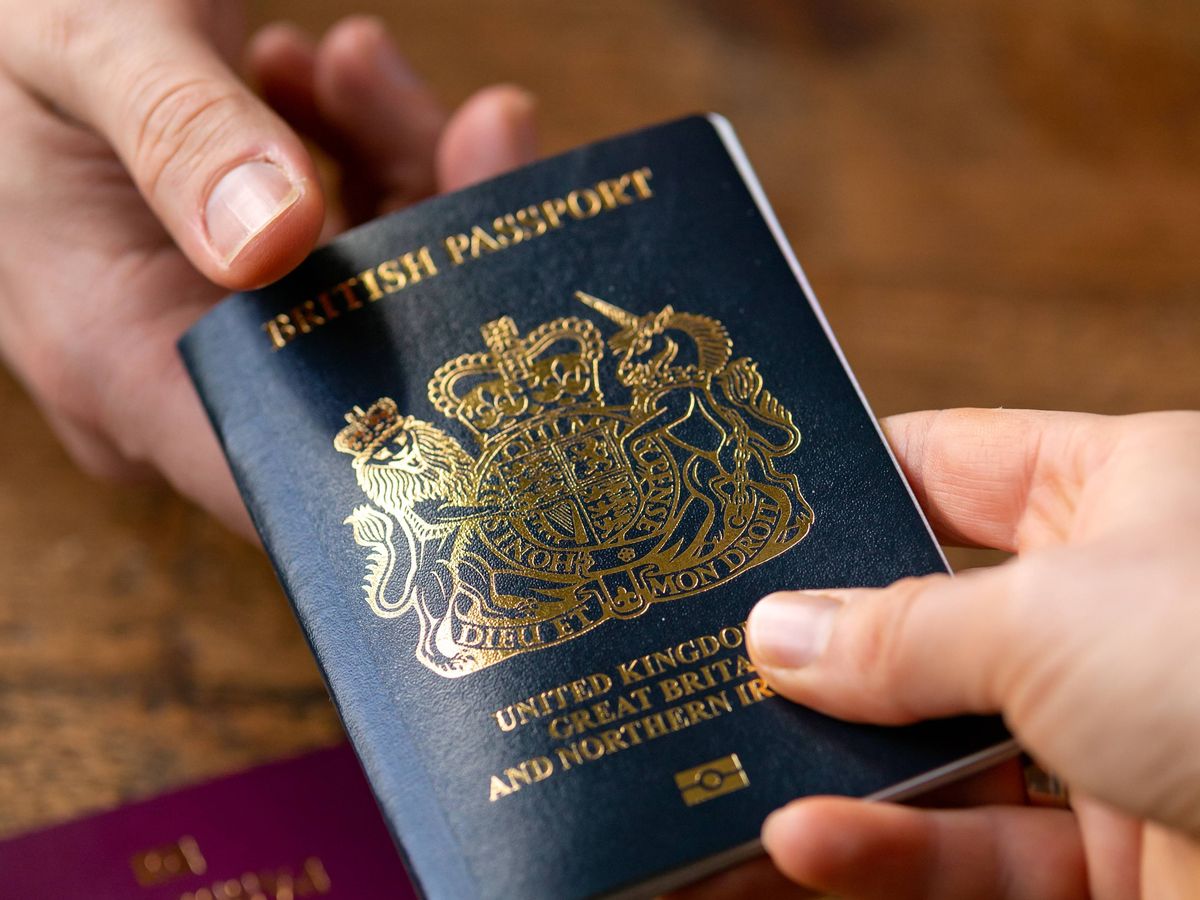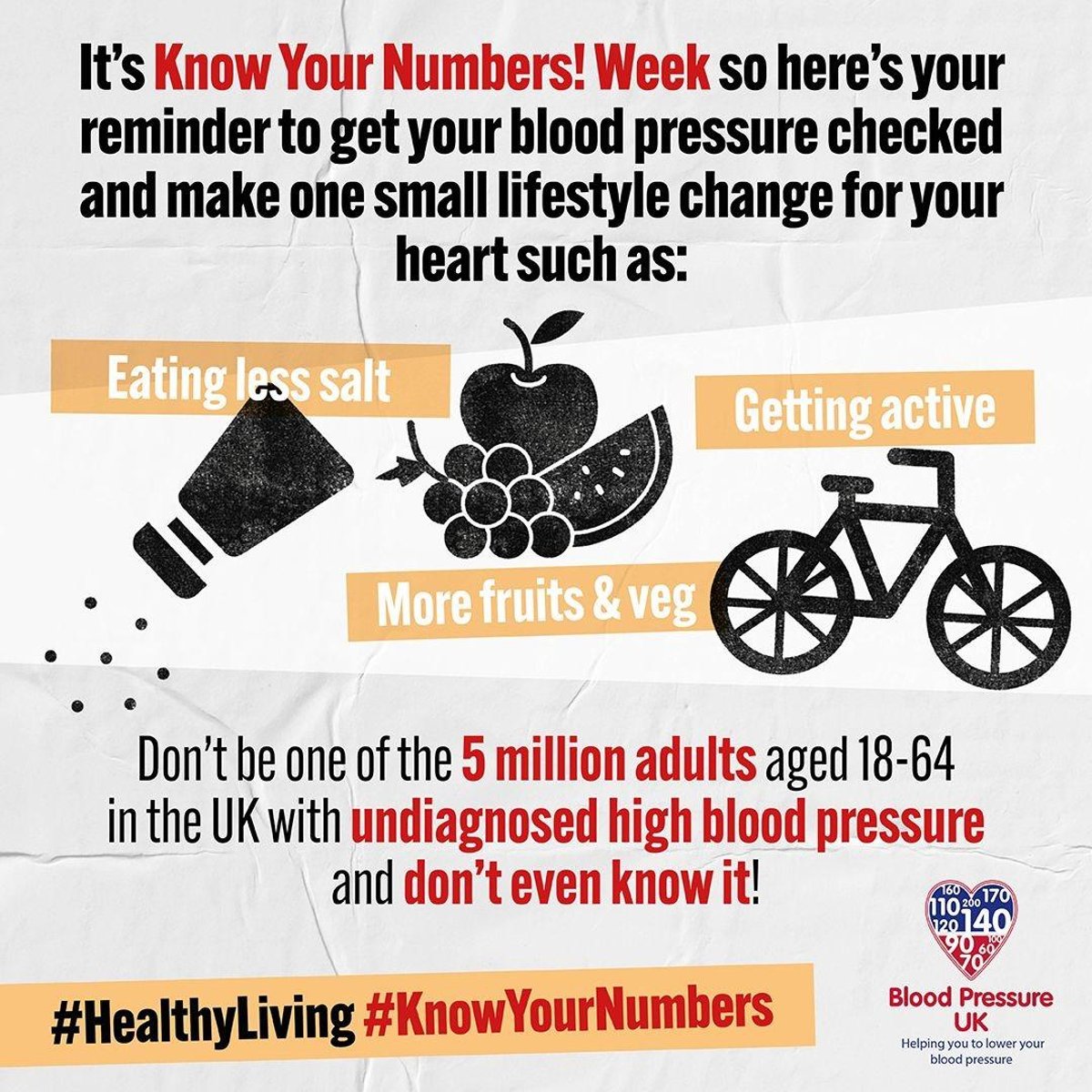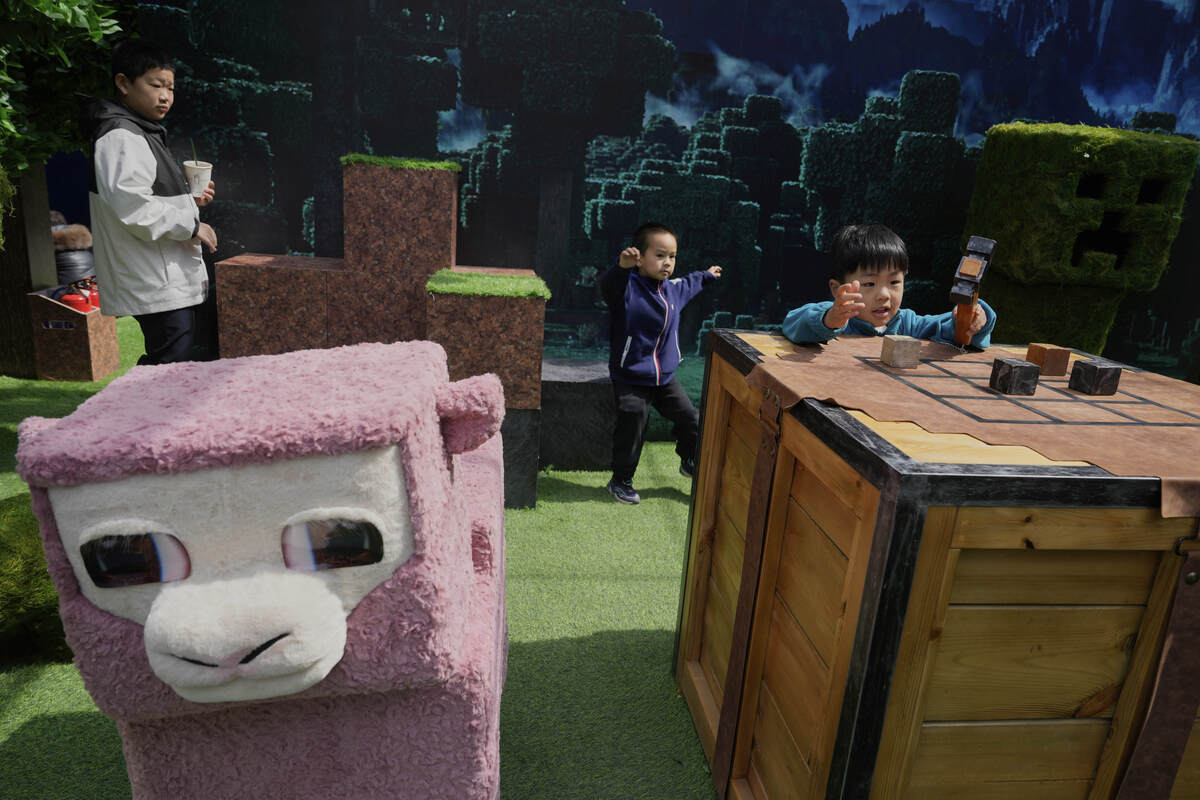
CHARLESTON, S.C. (WCSC) – You may have heard a friend say they’re “so OCD” or call an ex a “narcissist”, but mental health professionals say those words carry more weight than most people realize.
The casual use of clinical terms, sometimes called “therapy speak”, has become common in conversations and on social media. But psychotherapist Nancy Lloyd says it can minimize the struggles of people living with real mental health disorders.
“Gaslighting, OCD, narcissism, trauma, toxicity…these are real conditions,” Lloyd said. “But when they’re misused, it dilutes the severity for people actually living with them.”
Lloyd explained that feeling nervous before a test or performance isn’t the same as being diagnosed with an anxiety disorder. “Anxiety is a medical condition that changes the nervous system,” she said. “But now, almost any uncomfortable emotion gets labeled as anxiety.”
Lloyd says “gaslighting” is the most misused term. True gaslighting, she said, is a form of psychological manipulation, not simply a disagreement or a forgotten plan.
The rise of therapy speak has been fueled by TikTok trends, online searches and everyday conversations. Lloyd said while some people use the terms to better understand themselves, it’s no substitute for professional guidance.
“The best response is active listening,” she said. “Reflect what you hear, validate what they’re going through. People feel calmer when they feel heard.”
Lloyd said she hopes the trend shifts toward more thoughtful conversations that reduce stigma and encourage people to seek appropriate help.



